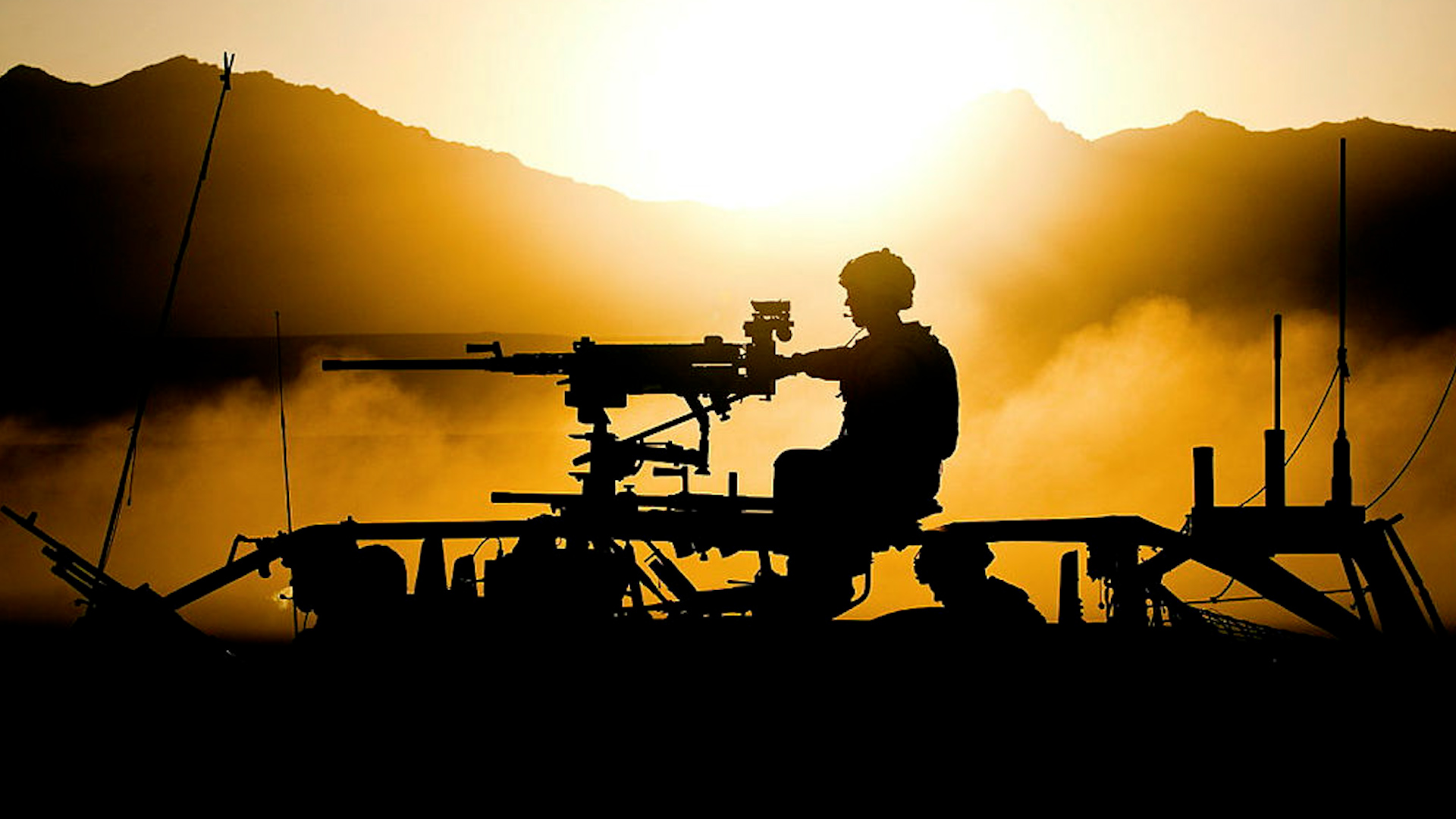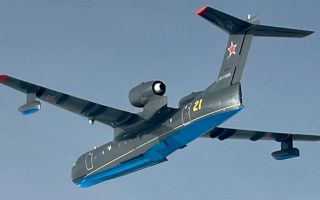
Is the world in a pre-war state due to a failure of diplomacy?

With the Defence Secretary giving a stark warning of the state of the world order, the Sitrep podcast looked at whether diplomacy still has a part to play in deterring future conflicts.
Speaking at Lancaster House earlier this week, Defence Secretary Grant Shapps said the world is in a "pre-war" era.
With conflict flaring across the globe, it is easy to see how Mr Shapps can take this view.
And while many may agree with him, one of Britain's most senior military chiefs is slightly more upbeat about the future.
General Sir Jim Hockenhull, Head of Strategic Command, told the Sitrep podcast "the world is a dangerous place" but he gets hope from the collective power of like-minded nations.
"The world is a dangerous place and, as we've seen over recent years, we've got a war in Europe for the first time in many generations," he said.
"We face a range of different challenges, but at the same time of that danger, I think we see a resolve amongst like-minded nations in order to try and both push back against those sorts of aggression, but also a determination to sustain the global order.
"It's the leadership and commitment of like-minded nations, which actually gives me hope that those risks won't come to bear.
"But when they do, then we need to be committed to confront them."
So where does diplomacy fit in this?
Anton Gash, a former defence attaché and Army officer, told the Sitrep podcast diplomacy should always be what politicians reach for first.
"The risk with all of that is that diplomacy stops being the tool of first resort, which it frankly always should be, and becomes more of a support act," he said.
Well, some may argue there are more conflicts due to a failure in diplomacy, but Mr Gash said it is not as simple as that.
"There's always been a spectrum of potential response to any crisis," he said.
"That spectrum has got negotiation and diplomacy on one side and military action on the other with a sort of pendulum in between.
"In general, Western democracies have always swung the pendulum to the less kinetic side, to the negotiation side."
Mr Gash said this was shown in the early stages of Russia's invasion of Ukraine, with the West reluctant to provide "decisive weapons systems".
"But over the last couple of years, that pendulum has certainly shifted across," he said.
"Today we've got Himars, tanks, artillery systems, munitions, potentially F-16s, all considered fair game for what we could or should supply to Ukraine."
The former defence attaché also said "diplomacy only works if both sides are playing the same game".
He used the example of meetings between Liz Truss when she was Foreign Secretary and her Russian counterpart Sergei Lavrov.
Mr Gash said the Russian politician was trying to "frame negotiations as hopeless before they'd even begun".
Mr Lavrov did this by making "several discrediting comments about her grasp of the situation and how professional she was", with "his aggression and sarcasm" becoming "a very familiar tactic".
But Mr Gash said his main conclusion is whether a "negotiated route through all of these crises" is too complicated for "our politicians and our governments … particularly given the short-term nature at the moment of Western politics".
"We have such frequent elections, such frequent changes of leadership that the autocrats and dictators who are causing the problems for us, they kind of know that all they have to do is wait out for the next change of leadership."
The award-winning Sitrep podcast brings you discussion and analysis on defence, foreign policy and the stories affecting the British forces – presented by Kate Gerbeau, with expert analysis from Professor Michael Clarke.
Listen to the full episode of Sitrep on YouTube here or wherever you get your podcasts.








